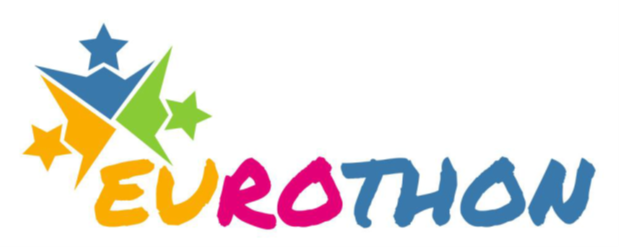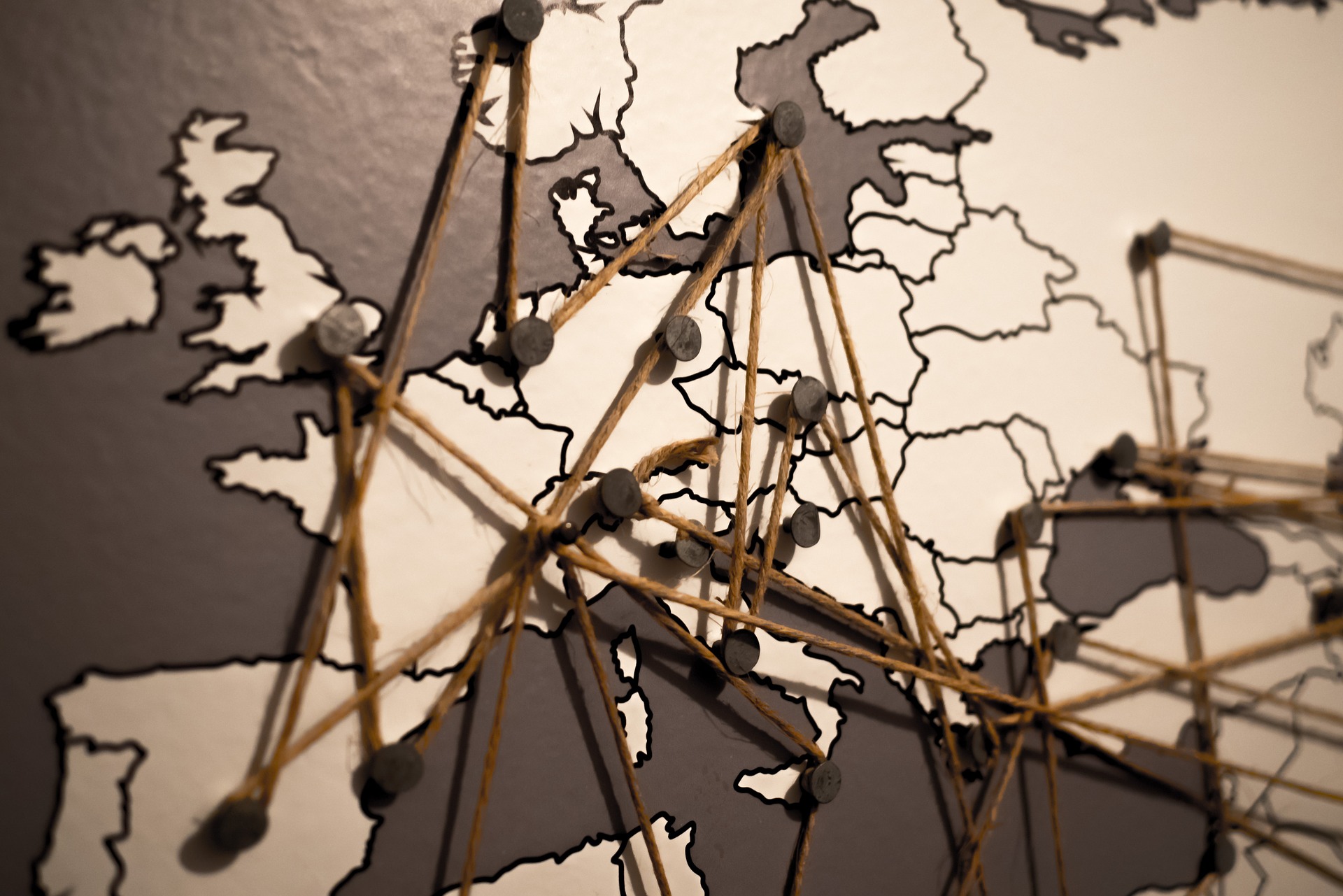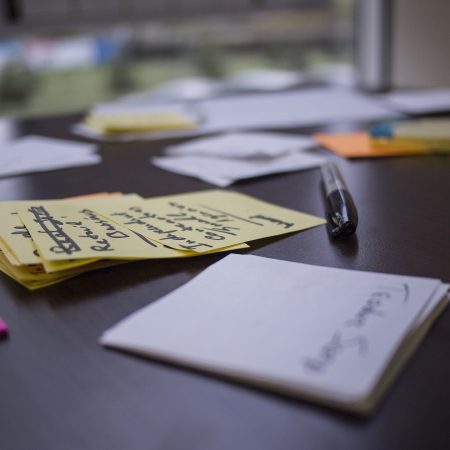| Module Overview: Module Title | |
| Aim of the module: | This module shows what youth can change and/or improve to become European ambassadors. Since this profile is still not well-known among young people and thus they cannot fully appreciate the opportunity deriving from active participation in the decision-making process, one of the main scope of the module will be to clarify the features and the possibilities given to the Young European Ambassador. |
| Learning objectives: | The learning objectives of this module are:
● providing the Participant with a deeper insight in EU Values and the Values of the New European Bauhaus ● providing the Participant with a better understanding of all the ways in which she or he can have an impact on the EU Decision Making Process ● providing the Participant with a deeper insight in what it means and can mean to be an EU Youth Cultural Ambassador of the EU and to be an official EU Ambassador ● providing the Participant with stronger writing/publishing skills, stronger advocacy skills and stronger mediation/listening skills |
| Learning outcomes: | By the end of this module, the learner should be able to:
· use in practice newly acquired writing/publishing skills, stronger advocacy skills and stronger mediation/listening skills · act and undertake activities, in person or in group, as an informal EU Youth Cultural Ambassador of the EU · protect and promote EU Values and Values of the New European Bauhaus · influence through several ways the EU Decision Making Process |
| Content: | Introduction |
| UNIT 1. European Values
1.1 EU Values in the Treaty of Lisbon 1.2 The Values of the New European Bauhaus Food for thought questions |
|
| UNIT 2. Ways for Youth to participate in the EU Decision Making Process
2.1 The EU Youth Portal Elections for the European Parliament and EU Member State Parliaments 2.2 Voting in the Parliamentary Elections and getting in touch with Members of the European Parliament and EU Member State Parliaments 2.3 Writing your ideas proposal and advocating your youth ideas for the EU 2.4. Forming a natural or legal youth organization 2.5. Conference on the Future of Europe and the New European Bauhaus 2.6. EU decision making and public consultations 2.7. EU Citizens’ Initiative 2.8. Erasmus+ and Creative Europe Programs and European Projects 2.9. European Solidarity Corps Food for thought questions |
|
| UNIT 3. Being EU Cultural Youth Ambassadors
3.1 Being an EU Cultural Youth Ambassador and prepare (for) the Future 3.2 Erasmus+ as a Soft Power Instrument 3.3 Culture and Youth in the EU Diplomacy 3.4. Being officially EU Ambassador Food for thought questions |
|
| Case study | |
| Activities | |
| Further reading | |
| References | |
| Allocated time: | 8 hours |
| Hashtag of the Module | #EUROTHONEUAMBASSADOR |
Course Features
- Lectures 25
- Quizzes 0
- Duration Lifetime access
- Skill level All levels
- Language English
- Students 7
- Assessments Yes
-
Introduction
-
UNIT 1. European Values
-
UNIT 2. Ways for Youth to participate in the EU Decision Making Process
- 2.1 The EU Youth Portal Elections for the European Parliament and EU Member State Parliaments
- 2.2 Voting in the Parliamentary Elections and getting in touch with Members of the European Parliament and EU Member State Parliaments
- 2.3 Writing your ideas proposal and advocating your youth ideas for the EU
- 2.4. Forming a natural or legal youth organization
- 2.5. Conference on the Future of Europe and the New European Bauhaus
- 2.6. EU decision making and public consultations
- 2.7. EU Citizens’ Initiative
- 2.8. Erasmus+ and Creative Europe Programs and European Projects
- 2.9. European Solidarity Corps
- Food for thought questions
-
UNIT 3. Being EU Cultural Youth Ambassadors
-
RESOURCES
-
Final test









